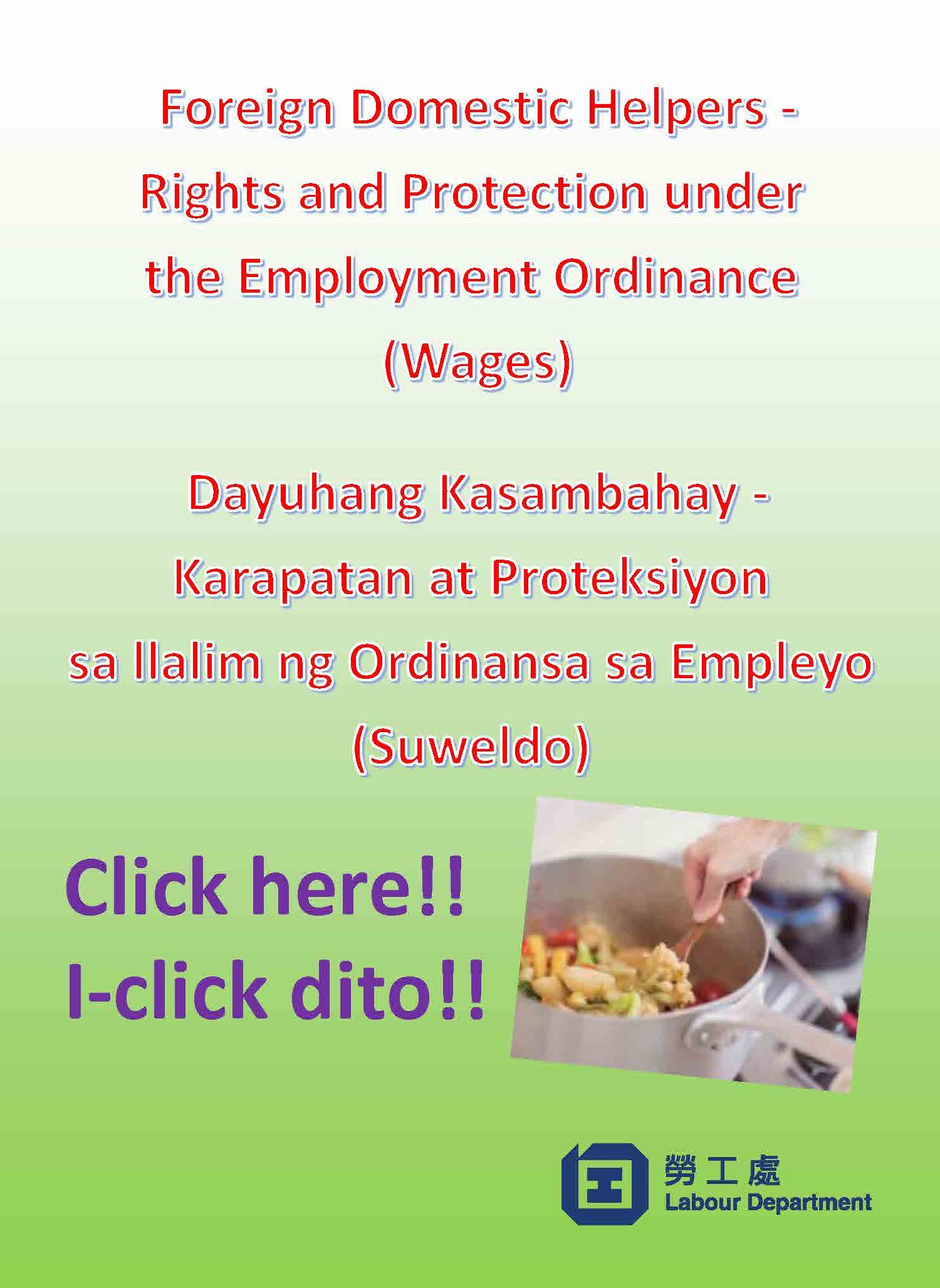Free temporary shelter pushed for FDWs seeking new employers, visa extension

Lawmaker Fernando Cheung
As the Hong Kong government announced on Aug.6 that it will hold a free, one-off testing for foreign domestic workers staying in boarding facilities provided by employment agencies, lawmakers and migrant rights advocates said authorities should also consider providing foreign domestic workers – whose stay in Hong Kong are still in limbo amid visa application and employment woes – with temporary accommodation in order to prevent a possible spread of novel coronavirus disease (COVID-19) infection.
These foreign domestic workers are the ones who have no choice but to live in boarding houses and dormitories, where a recent case of novel coronavirus infection (COVID-19) involving an Indonesian domestic worker was recorded in the city. The Indonesian domestic worker stayed in three boarding houses in the past two weeks – at Fook Gay Mansion in Wan Chai, at Causeway Bay Commercial Building, as arranged by the Perfect Maid Centre agency and Sunlight Employment Agency in On Ning Building at North Point.
She stayed with 28 foreign domestic workers in the boarding house in Wan Chai, four others at Causeway Bay Commercial Building and 13 others at North Point. One of the 28 foreign domestic workers have already moved to her employer’s residence, while the rest are still at the boarding house. The Centre for Health Protection said on Aug. 6 that they will arrange testing for the foreign domestic workers who have stayed with her, plus five other women who are not domestic foreign workers but who shared the same toilet on the same floor.
Given the cramped conditions in boarding houses, lawmaker Fernando Cheung said the government should designate holiday camps as transient accommodation for foreign domestic workers.
“I would call on the government to open up vacation or holiday camps to allow for such purposes, another way of doing it is to allow hotel or motel packages for them so they can be re-housed to a more suitable accommodation,” he said in a press conference organized by the Asian Migrants Coordinating Body on Aug. 7, stressing that the current condition of boarding facilities is conducive to infection.
He said that one room has as many as 10-15 people, with some sleeping on mattresses on the floor.
Cheung said the government has to look into the lack of regulations for boarding houses operated by employment agencies, as they are not covered by the Hotel and Guesthouse Accommodation Ordinance. “There is a loophole here that we need to fill,” he said.
While this loophole has yet to be addressed, Cheung said the government can adopt interim measures to inspect boarding houses.
“The Labour Department has a duty to go to these dormitories, set guidelines for them including basic space requirements,” he said. He added that the Centre for Health Protection should join the inspection to make sure they are clean and are safe enough to accommodate foreign domestic workers who are in transition, or those who are waiting for the approval of their application for visa extension, are stranded in Hong Kong and those who are looking for new employers.
Wu Mei Lin, director of Women Worker’s Association, said free homestay is necessary as foreign domestic workers have to wait for two months or more for the result of their application for visa extension. The Labour Department has allowed foreign domestic workers who have lost their jobs to extend their stay in Hong Kong for a month and look for a new employer. Prior to this, terminated foreign domestic workers – majority of whom are Filipinos and Indonesians – have to leave Hong Kong after 14 days.
“We urge the government to provide some hostel for these foreign domestic workers because they still need to wait for a visa,” she said. “If the government found out that the dormitories, boarding houses – if there’s no enough space – we suggest that the government provide free space or free home for these domestic workers because they still have no income.”
Health authorities have expressed concern over a possible cluster outbreak from the boarding houses because the source of infection is unknown, and experts warned the situation is similar with the outbreak which happened in Singapore in March, where COVID-19 cases surged in cramped dormitories for migrant workers.

